Car Warranty Basics: How An Auto Warranty Can Protect My Car

When it comes to your car, protecting it is a top priority. That's where a car warranty comes in. Whether it's a new or used vehicle, having an auto warranty can provide you with peace of mind and financial protection. Understanding the basics of car warranties is crucial in ensuring that you are covered when unexpected repairs arise.
In Australia, every car sold is covered by a warranty, either by the manufacturer or the government. Warranties are designed to cover the repair or replacement of something that has been defective from the time of manufacture. New cars often come with warranties that can last for up to a decade, while used cars must be covered by a statutory warranty if certain conditions are met.
Knowing what your warranty covers and the limitations of coverage is essential. This will help you navigate the warranty claim process and ensure that you are not faced with unexpected repair costs. From understanding warranty terms to making a claim and maintaining your warranty, there are several important factors to consider.
Key Takeaways:
- Car warranties provide protection for your vehicle, covering car repairs or replacement of defective car parts.
- Warranty coverage may vary between car manufacturers and have different limitations.
- Understanding the warranty claim process and requirements is essential.
- Maintaining your warranty through regular servicing is crucial.
- Extended warranties offer additional coverage beyond the original warranty period.
Understanding Warranties
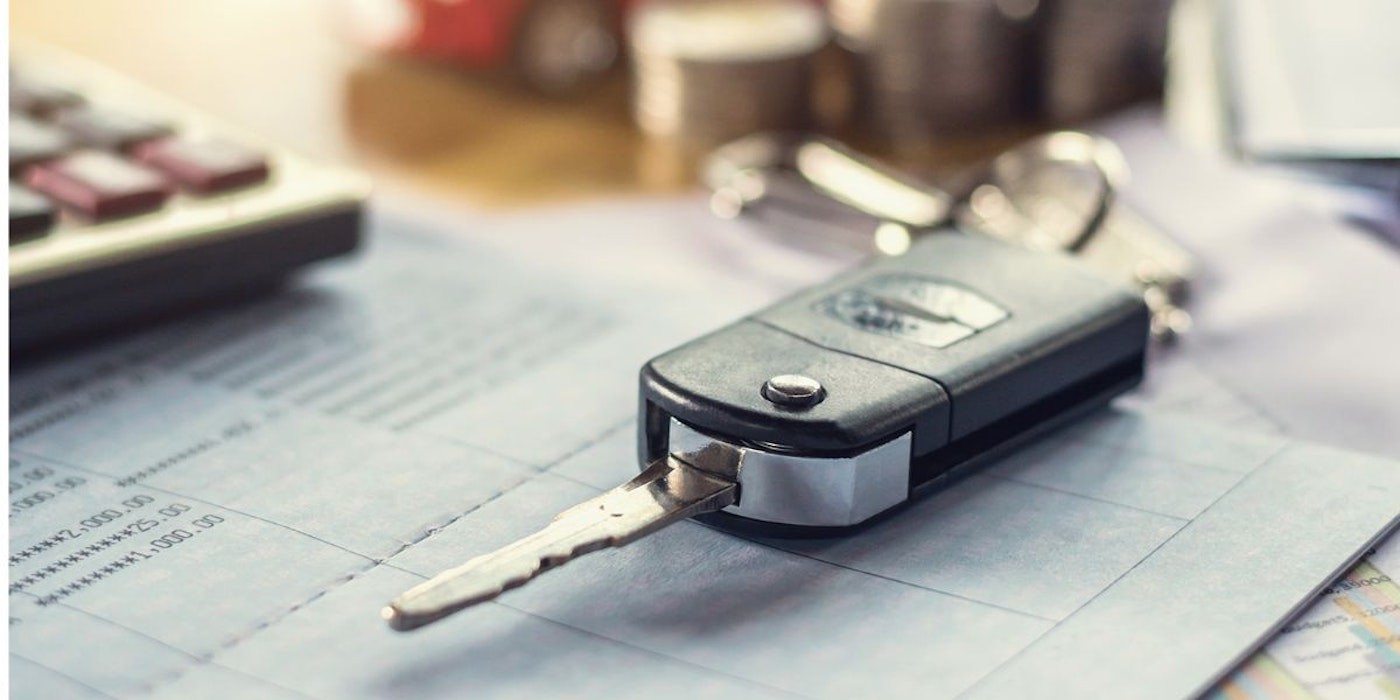
Warranties play a crucial role in protecting your car, but it's important to understand that they can vary between car manufacturers and specific warranty coverage can differ. Reading and understanding the fine print of your warranty is essential to know what is covered and what is not.
Typically, warranties cover major mechanical components like the engine and transmission, providing you with peace of mind. However, it's important to note that warranties may not cover damage due to neglect or wear and tear.
Different types of warranties may also have different coverage limitations, so it's important to familiarise yourself with the specific details of your warranty.
Knowing the extent of your warranty coverage can help you make informed decisions about maintenance and repairs, ensuring that you don't face unexpected costs down the road.
Making a Warranty Claim
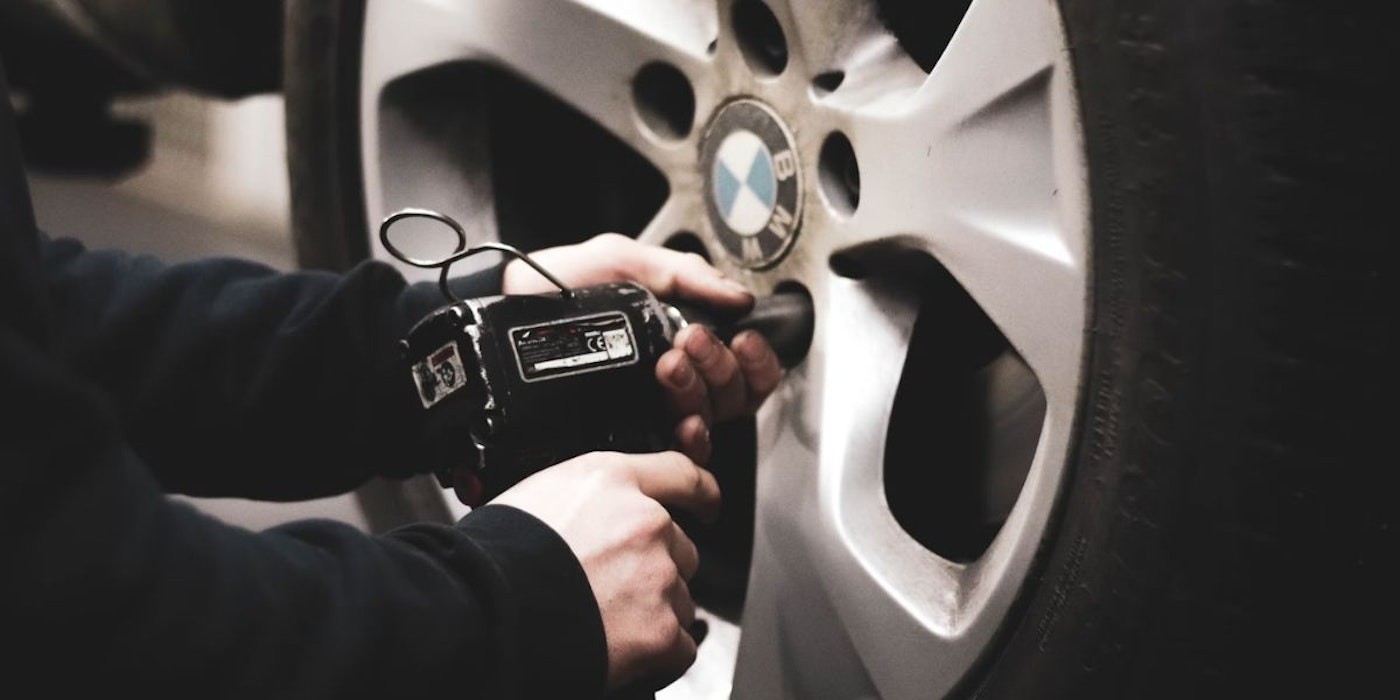
Before making a warranty claim, it's important to understand the process and requirements. Here are some key points to keep in mind:
- Read your warranty carefully: Familiarise yourself with the terms and conditions of your warranty to know what is covered and what is not.
- Authorised service centers: Some warranties require you to use specific service centers or dealerships for repairs. Make sure to check if there are any restrictions on where you can get your car serviced or repaired.
- Towing and transport costs: If your car needs to be towed due to a warranty defect, the warranty should cover the cost of towing to the nearest authorised service center. Be sure to keep records of any towing expenses you may incur.
- Roadside assistance and transportation: Certain warranties may provide allowances for roadside assistance, transportation, and even accommodation costs while your car is being repaired. Check if these benefits are included in your warranty.
By understanding the warranty claim process and knowing your rights, you can ensure a smooth experience when seeking repairs for covered defects. Make sure to keep all relevant documentation, such as receipts and service records, as they may be required to support your claim.
Warranty Maintenance and Modifications
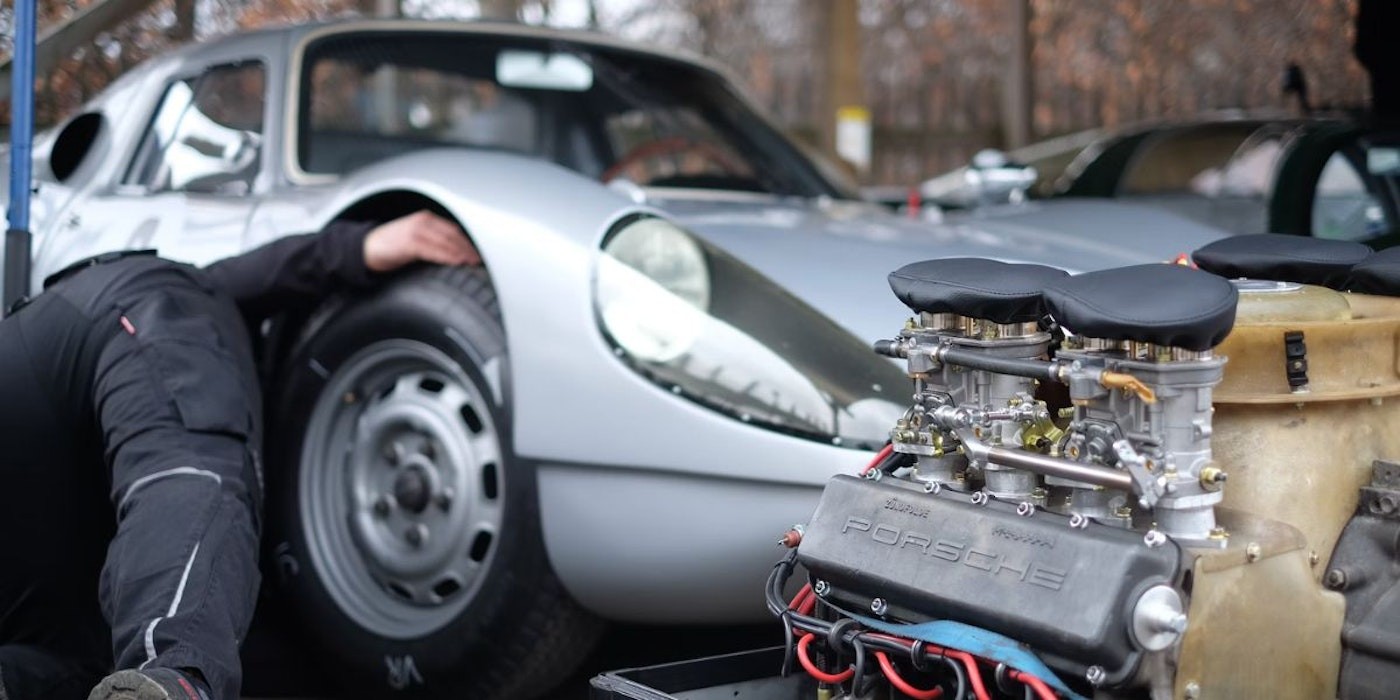
Proper maintenance of your car is crucial to ensure that your warranty claims are honored. Following the recommended service schedule for your car is important to keep it in optimal condition and prevent unexpected repairs.
Failure to properly maintain or service your car may result in warranty claims being rejected. Regular servicing helps identify and address potential issues before they escalate, ensuring that your vehicle remains in compliance with the warranty requirements.
It's essential to consult your car's manufacturer or dealership to understand the recommended maintenance procedures and intervals. By adhering to these guidelines, you uphold your end of the warranty agreement, protecting yourself from unnecessary expenses.
When it comes to modifications, it's essential to tread carefully. Unnecessary modifications to your car, unless approved by the manufacturer, can void your warranty. Modifications such as aftermarket exhausts, suspension upgrades, or engine tuning may alter your vehicle's original specifications and put additional stress on components.
If you're considering modifying your car, it's best to consult with your dealership or the manufacturer for guidance. They can provide information on approved modifications that won't compromise your warranty coverage.
Remember, modifications that are unauthorised or not recommended by the manufacturer can give them grounds to deny warranty claims. By seeking professional advice before making any modifications, you can ensure that your warranty remains intact.
- Follow the recommended service schedule for your car's maintenance.
- Consult your car's manufacturer or dealership for guidelines on maintenance procedures and intervals.
- Avoid unnecessary modifications that are not approved by the manufacturer.
- Seek professional advice before making any modifications to your car.
By maintaining your car properly and avoiding unauthorised modifications, you can safeguard your warranty coverage and enjoy peace of mind on the road.
Understanding Goodwill Warranty Repairs
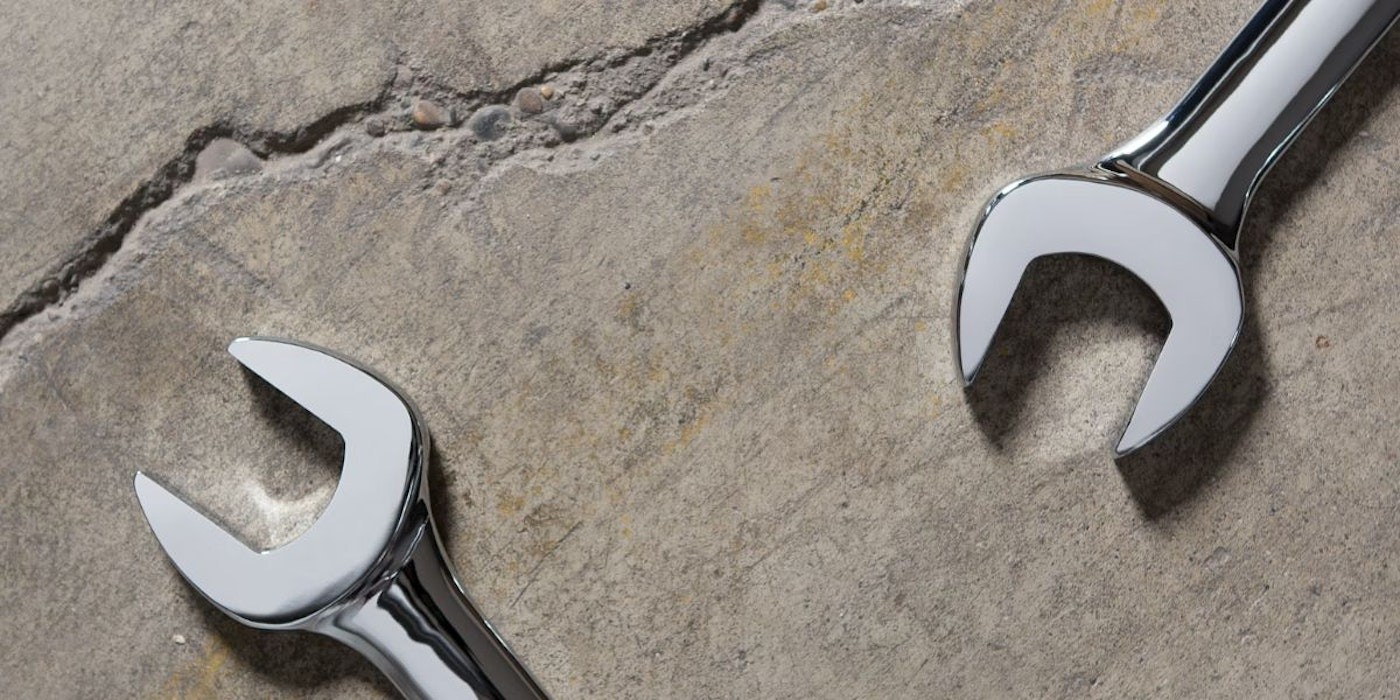
When it comes to warranty claims, there are instances where a dealership may go above and beyond the standard warranty coverage and offer what is known as goodwill warranty repairs. Goodwill warranty repairs are a gesture of goodwill from the dealership, even if your claim doesn't meet all the requirements of the warranty.
To request goodwill warranty repairs, it's crucial to demonstrate that you have diligently followed the recommended service schedule and taken excellent care of your vehicle. This includes regularly maintaining, servicing, and repairing your car with qualified professionals. By showcasing a good service history and meticulous car care, you increase the likelihood of receiving goodwill repairs.
However, it's important to remember that goodwill repairs are solely at the discretion of the dealer and are not guaranteed. While your efforts in maintaining your car and adhering to the service requirements can influence the decision, the final say rests with the dealership.
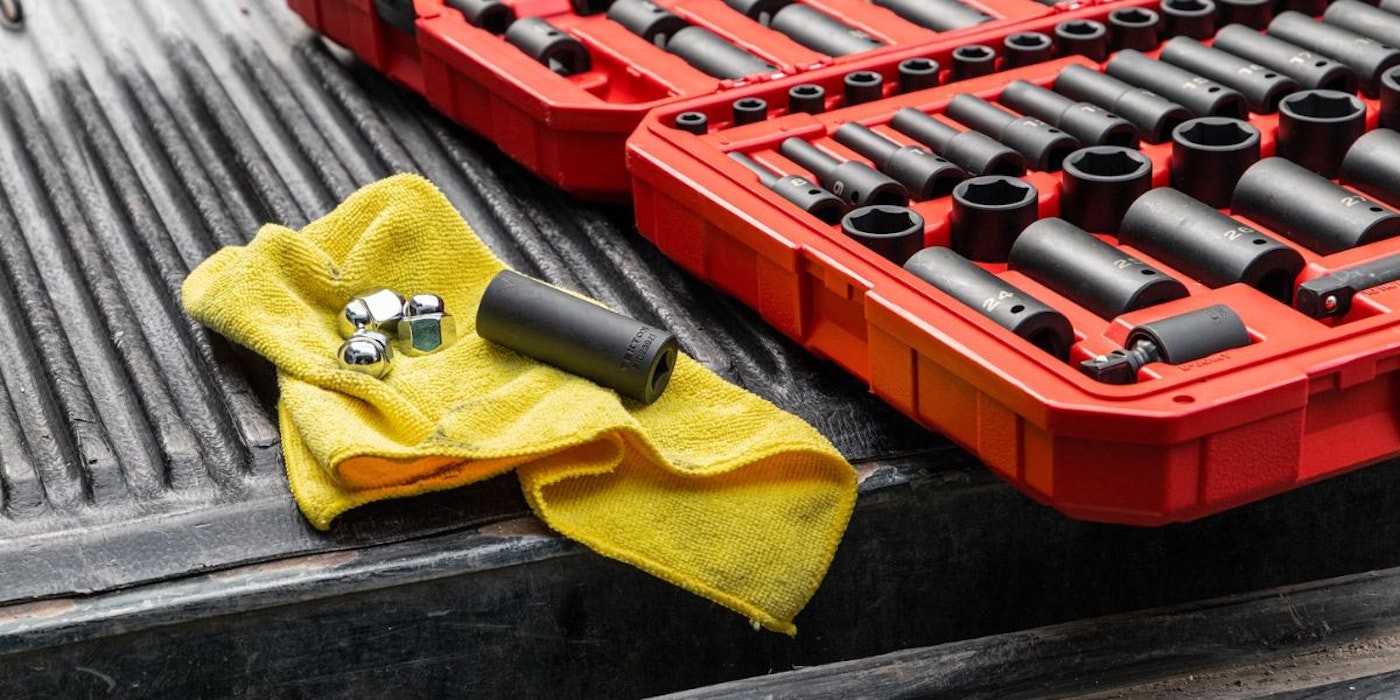
Understanding the terms and conditions of your warranty is still essential, as goodwill repairs are separate from the standard warranty coverage. While the warranty may cover specific repairs and parts of your car, goodwill repairs go beyond that and are considered an additional benefit that can be provided if the dealership deems it appropriate.
Car insurance policies are unrelated to goodwill warranty repairs, as they primarily cover damages caused by accidents or unforeseen events. Goodwill repairs are specific to warranty-related issues and are not typically covered by car insurance.
- Goodwill warranty repairs are a potential benefit for car owners who have shown commitment to their car's maintenance.
- Strictly following the recommended service schedule is a key factor in gaining eligibility for these repairs.
- However, it is important to remember that goodwill repairs are not guaranteed and ultimately depend on the dealership's discretion.
Although not part of the warranty coverage itself, goodwill repairs can provide an additional level of support and peace of mind in case you encounter an issue that falls outside the typical warranty criteria. Always consult with your dealership about the possibility of goodwill warranty repairs and clarify any questions or concerns regarding this aspect of your warranty coverage.
Extended Warranties
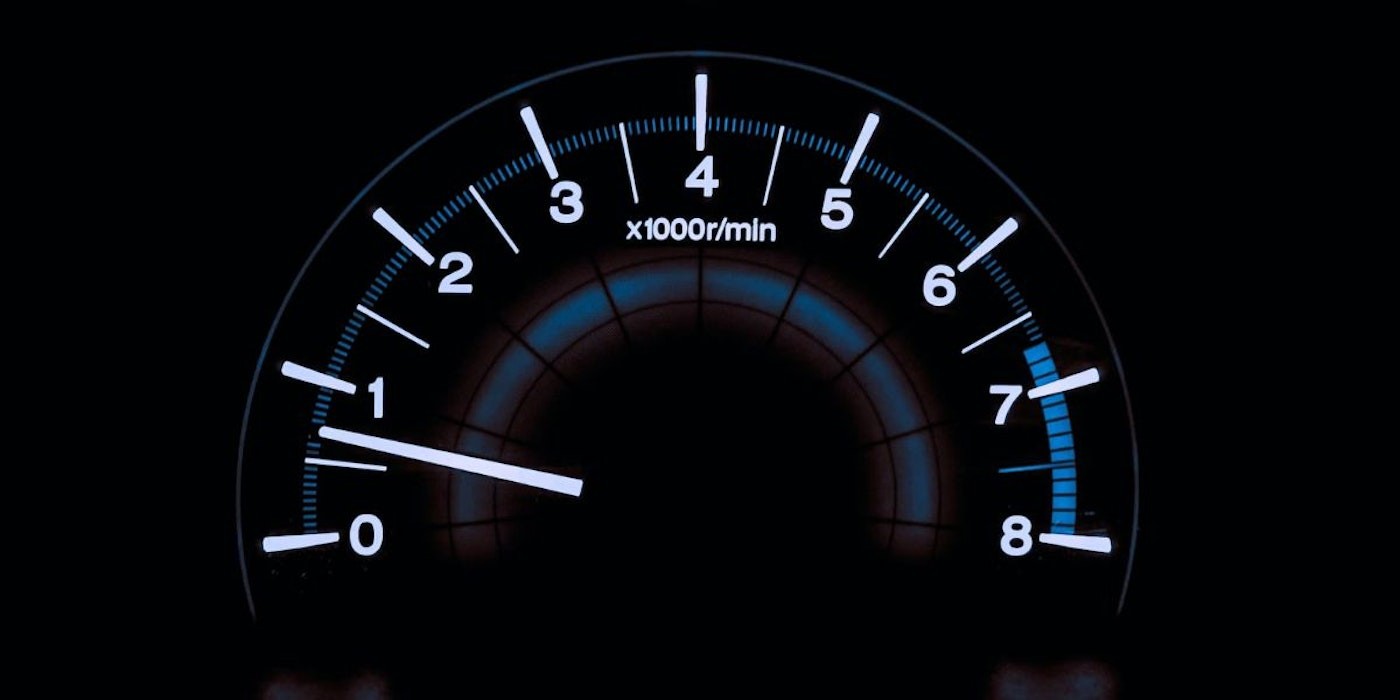
Extended warranties offer additional coverage for a longer period, especially if you plan on keeping your car beyond the original warranty period. They can be purchased from the car manufacturer or third-party warranty providers, giving you more options to choose from.
When considering extended warranty coverage, it's important to evaluate your needs and compare different warranty options. These extended warranties often come with various coverage options and costs. By carefully reviewing the details of each warranty, you can make an informed decision that suits your specific requirements.
Types of Car Warranties

There are different types of car warranties available to provide you with the necessary coverage for your vehicle. Understanding these warranties can help you make an informed decision when it comes to protecting your car. Here are some common types of car warranties:
Bumper-to-bumper warranty
A bumper-to-bumper warranty offers comprehensive coverage for most vehicle parts. It typically includes the repair or replacement of components that have been affected by defects in materials or workmanship. This type of warranty provides extensive protection and is often included with new car purchases.
Powertrain warranty
A powertrain warranty focuses mainly on the engine and drivetrain components of your vehicle. It covers repairs or replacements for parts such as the engine, transmission, and other major mechanical components. This type of warranty gives you added confidence in the performance and reliability of your car's essential systems.
Additional warranties
In addition to bumper-to-bumper and powertrain warranties, you may also come across additional warranties such as emissions warranties and hybrid battery warranties. An emissions warranty covers the repair or replacement of components related to the vehicle's emissions control system. A hybrid battery warranty, as the name suggests, provides coverage specifically for the hybrid battery in hybrid vehicles. These additional warranties address specific areas of your car's functionality, ensuring comprehensive protection.
It's important to note that each type of warranty has its own coverage limitations and terms. Understanding the specifics of your warranty will help you make full use of its benefits and assist you in making any necessary claims in the future.
Enforcing Your Warranty Rights

If you believe that your car does not live up to the promises in the warranty, it's important to take action to enforce your rights. Both written warranties and oral promises made by the manufacturer or seller are legally enforceable. When purchasing a car, implied warranties automatically apply unless it is explicitly sold "as is."
Understanding the terms and limitations of your warranties is crucial. It's recommended to keep written records of your communications with the manufacturer or seller to support your case.
Steps to Enforce Your Warranty Rights:
- Notify the manufacturer or seller: If you encounter a warranty issue, promptly notify the manufacturer or seller. Provide detailed information about the problem and any attempts that have been made to resolve it.
- Document your communications: Keep a record of all conversations and correspondence related to your warranty claim, including dates, names, and any promises made.
- Seek legal advice if needed: If your attempts to enforce your warranty rights are unsuccessful, consider consulting a legal professional who specialises in consumer protection laws. They can provide guidance on your options and help you navigate the legal process, if necessary.
By understanding and asserting your warranty rights, you can protect yourself as a consumer and ensure that your car is properly repaired or replaced as promised.
"As Is" Sales
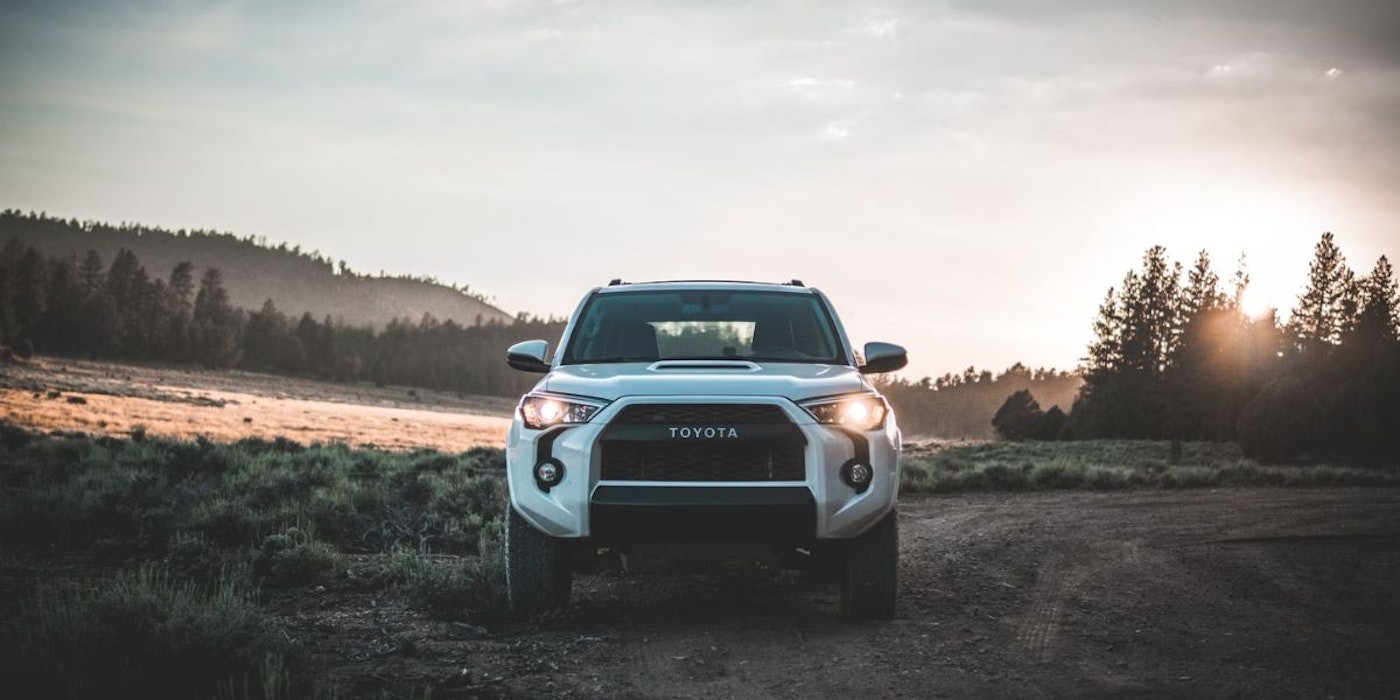
When purchasing a used car, it's crucial to understand the concept of "as is" sales and its implications. In an "as is" sale, the seller does not provide any implied warranties, which means that they are not responsible for any repairs or defects that may arise after the sale. Essentially, you are taking the car in its current condition, with all its potential faults and issues.
As a buyer in an "as is" sale, you must be aware that you will be responsible for all repairs that are not covered by an express warranty. This includes any repairs needed due to mechanical issues or defects that were not disclosed by the seller. It's essential to consider the potential cost of these repairs before entering into an "as is" purchase.
However, it's important to note that certain situations may invalidate an "as is" sale. For example, if there is an express written warranty provided by the seller, it may override the "as is" status. Additionally, if you purchase a service contract from the seller, it may provide some form of warranty coverage.
As a buyer, it's crucial to understand your rights and the seller's obligations when it comes to "as is" sales. While the seller is not obligated to provide any warranties, they are still required to abide by the law. This means that they must accurately describe the condition of the car and disclose any known defects or issues.
Before entering into an "as is" sale, it's advisable to thoroughly inspect the car, preferably with a trusted mechanic, to identify any potential problems. Additionally, consider obtaining a vehicle history report to gain insight into the car's past maintenance, repairs, and accidents.
Remember, when it comes to "as is" sales, it's essential to be well-informed, conduct due diligence, and carefully assess the risks involved. Taking these precautions can help you make an informed decision and avoid unexpected expenses down the road.
Conclusion
Understanding the basics of car warranties is crucial for protecting your car and avoiding unexpected repair costs. By knowing the coverage and limitations of your warranty, you can make informed decisions about warranty protection.
Consider exploring the warranty options available, such as extended warranties, to ensure continued coverage beyond the original warranty period. Extended warranties can provide peace of mind and financial protection, particularly if you plan to keep your car for an extended period.
It's important to consult the manufacturer or seller for specific warranty details and requirements. They can provide you with essential information regarding your car warranty, including what it covers, the duration of coverage, and any additional terms and conditions. By staying informed, you can make the most of your warranty protection and enjoy a worry-free ownership experience.
How Driva Can Help You Finance Your Next Vehicle Purchase
Driva can help you finance your next vehicle purchase by providing transparent and no hidden fees. With Driva, you can access personalised rates to find the best financing option for your specific situation. Driva takes the hassle out of shopping for a loan by comparing rates from over 30 lenders, ensuring that you get the best rate available. This saves you time and effort, allowing you to focus on finding the perfect vehicle instead of worrying about financing. Whether you're looking to purchase a new car, truck, or SUV, Driva can help you secure the financing you need without any surprises or hidden costs. With Driva, you can have peace of mind knowing that you're getting the best deal on your vehicle financing.
Frequently Asked Questions
What is an extended car warranty?
An extended car warranty is a service contract that provides coverage for certain repairs and services after the manufacturer's warranty expires.
What is the car warranty coverage of an extended warranty?
An extended car warranty typically covers the cost of repairs for major components, such as the engine, transmission, and electrical systems, but coverage can vary depending on the warranty provider and plan.
How much does an extended car warranty cost?
The cost of an extended car warranty varies based on factors such as the age and mileage of the vehicle, the level of coverage, and the provider. It's important to compare different options to find the best deal for your car.
What are the different types of car warranties?
The main types of car warranties include powertrain warranties, bumper-to-bumper warranties, and extended warranties. Each type offers different levels of coverage and protection for your vehicle.
How can I get a car warranty for my new car?
You can typically buy a car warranty for a new car from the dealership at the time of buying the vehicle or shop around for third-party warranty providers for competitive offers.
Can using the car warranty void your car warranty?
In general, using the car warranty as intended should not void your vehicle's original warranty. However, it's important to review the terms and conditions of your manufacturer warranty to understand any potential limitations.
What do powertrain warranty covers?
powertrain warranty typically covers the major components that generate power and make your car move, including the engine, transmission, and drivetrain. It's important to review the details of the specific warranty for complete coverage information.
Do car warranties cover rental cars during repairs?
Some car warranties may include provisions for rental car coverage while your car is in the shop for covered repairs. It's advisable to verify this with your warranty provider or in the terms of the warranty plan.
What should I consider when purchasing an extended car warranty?
When purchasing an extended car warranty, consider factors such as the reputation of the warranty company, the specific components and services that the warranty will cover, the cost of the warranty, and any deductibles or exclusions that may apply.
What happens if my car breaks down and the warranty has expired?
If your car breaks down after the warranty has expired, you are responsible for covering the cost of repairs. This is why many drivers choose to purchase an extended car warranty to provide continued coverage after the original warranty expires.


.png)







